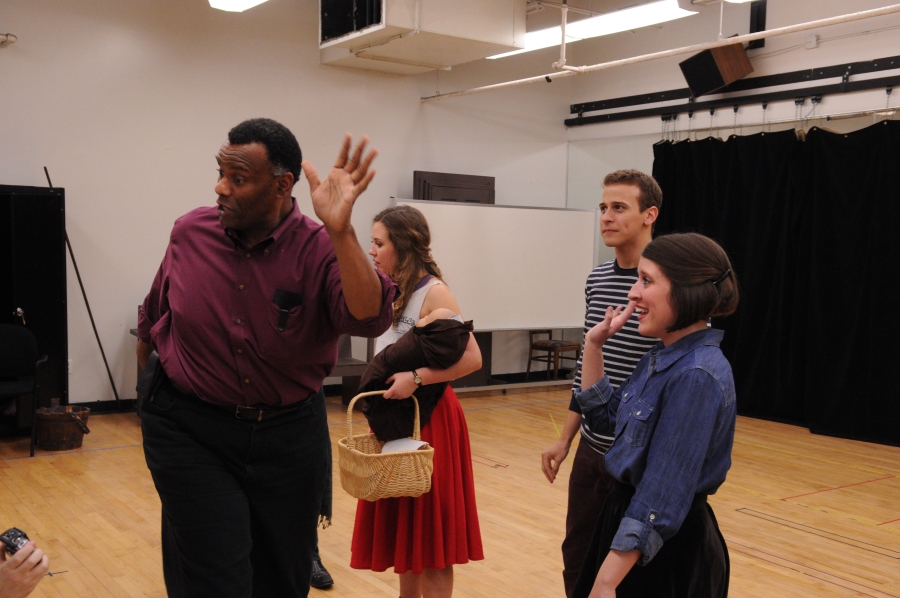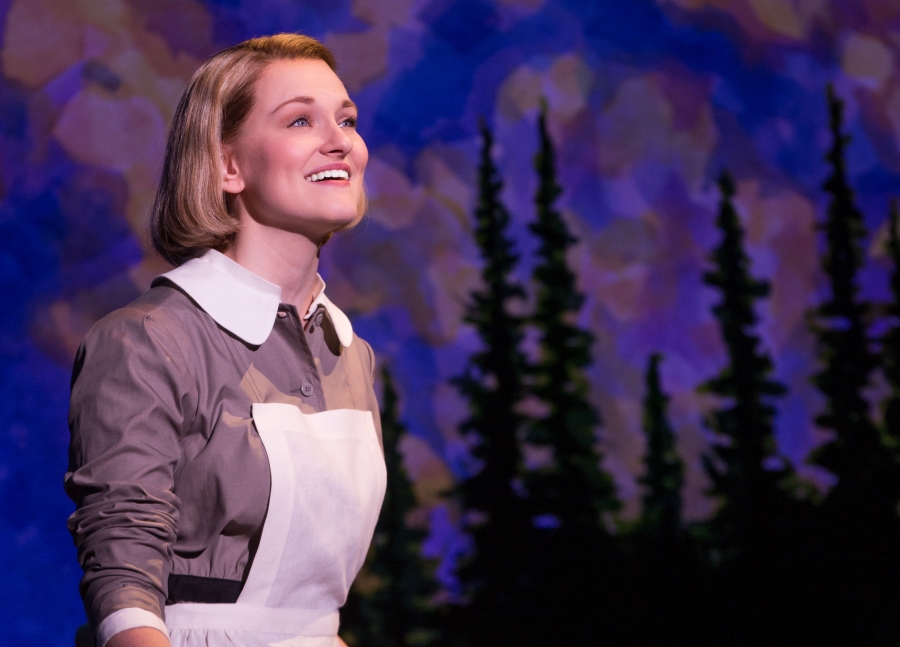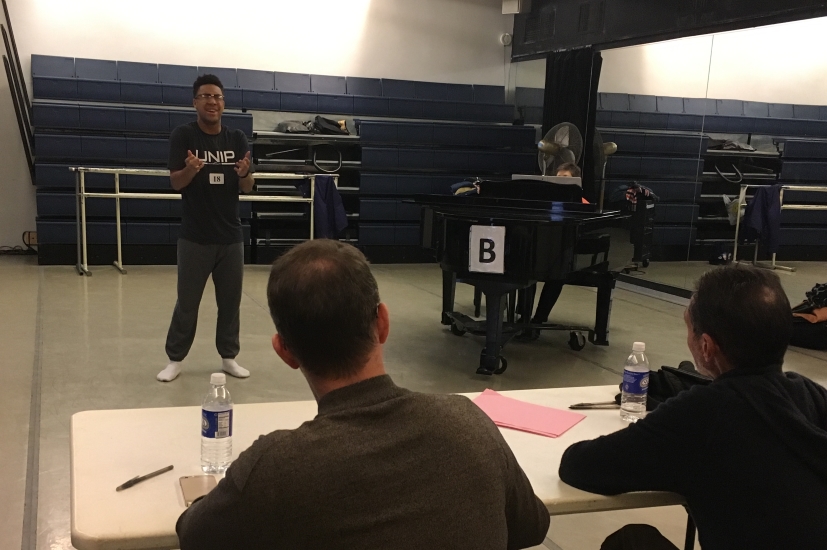Outside audition policies vary from university to university when it comes to studying musical theatre. Schools located within major cities and thriving theatre communities may find that some students have a hankering to practice their slate and sign in on casting sheets between classes. But many theatre programs do not want students auditioning for professional gigs before they are ready—especially when the reputation of the school is on the line at a casting office.
For some musical theatre programs, attending auditions outside of school is discouraged because working professionally can affect academic progress and school performance commitments.
“First of all, I think students should make the decision if they want to be in school or if they want to be auditioning for their profession,” says Brent Wagner, former department head of musical theatre at the University of Michigan. “I think we find it inappropriate that they are out auditioning for shows while they are training. I guess I don’t see the point; if you want to be in the field, go to the field. If you want to be in school, be in school.”
There is no hard-line audition policy at UCLA School of Theater, Film and Television, but venturing through Los Angeles traffic to attend an audition can be tricky for students with full class schedules. “Our rule is: We don’t say that you can’t audition outside of school, we just say you can’t miss class,” says Brian Kite, chair of theatre department at UCLA School of TFT. “You are here to train and work and have your college experience. So if a shoot happens over holiday break or summer, it is okay.”
Philadelphia’s Temple University encourages students to take advantage of the long holiday breaks and summer vacations for theatre opportunities. “We have had students who have worked at some of the regional theatres in Philadelphia while they were still students,” says Peter Reynolds, chair of the theatre department. “If it’s a really excellent opportunity for a student, we want them to be able to take it. The Walnut Street Theatre has a summer slot and a holiday slot, which works quite well for students.”
And seniors in their final semester can take greater advantage of the number of professional theatres in the area. Reynolds recalls one student who ran from a matinee performance at the Walnut to campus to deliver a speech at their graduation ceremony, then ran back to the theatre to prep for the evening show.
Other schools do not have a set policy, but instead rely on instructors to lead by example, since many adjunct professors and faculty within theatre programs moonlight as actors or directors when class is dismissed.
“When we are doing way too much and are overburdened as faculty with both our internal and external work, the students see that and feel that,” says Daniel Abraham, performing arts department chair at American University in Washington, D.C. “Most of us as faculty know how to prioritize when the university’s demands must come first and how to fit in appropriate and highly selective external engagements.”
Abraham says that students who have appeared in evening shows at dinner theatres and entertainment venues in the city were bogged down with commitments, and ultimately found theatre projects at the school to be more rewarding. But when the school’s season doesn’t offer a role for a particular student, some schools agree that outside performance opportunities may be a good experience.

At New World School of the Arts (NWSA) in Miami, auditions are granted on a case-by-case basis, and students must apply through the dean’s office for an audition opportunity. “The dean reviews it and then she consults the faculty,” says NWSA theatre professor James Randolph. “If we’re doing a big show and we don’t have a role for you, and there is an opportunity out there and your grades are good—then fine, you can handle it.”
At Pace University in New York City, where hundreds of auditions are a mere subway stop away from campus, the policy is strict—but can bend, depending on the circumstance. When building Pace’s BFA program, department head Amy Rogers had to factor in the school’s location with the program’s curriculum. “I had to identify what it meant to teach musical theatre in New York City and how to engage the professional community into the university, and the university into the professional community,” she says.
The program’s policy is that students are not allowed to audition outside of school until junior year, and seniors are permitted to audition professionally as much as they want. What Rogers didn’t anticipate when creating the program was the number of students who applied who already had professional jobs under their belts. “We started to get students who were already professional actors with Broadway credits, who were looking for a place to study with their schedule and have the flexibility to be a professional students,” she says.
One student, Jess LeProtto, has seven Broadway shows on his résumé and is gearing up to appear in Hello, Dolly! this spring. “He should have graduated two or three years ago, but he still goes to school and he is still in the program working toward his degree,” says Rogers. “He has made getting his degree a priority, and I have found that really inspiring.”
The university works with the performing arts program to ensure that students who leave with the intention of returning to the university are keeping up with their studies. One student, Brandon Kalm, was able to complete his courses online while traveling with the American Idiot national tour.

When opportunities come along for students without professional experience, Rogers says it depends on the student’s academic success and their year. She granted sophomore Kerstin Anderson permission to attend a casting call for the national tour of The Sound of Music—she won the role of Maria.
“Ninety-nine percent of people who come to college should not leave college” to do outside work, says Rogers. “They should come to school to be in school—I believe that with my gut. But if these opportunities come, sometimes it is irresponsible for me to say no.”
At the end of the day, it is the student’s choice to decide whether or not they’re ready to enter the grueling theatre industry before wearing their mortarboard at graduation. “Once in a great while if a student has an opportunity that comes their way, and it seems like it could be a once-in-a-lifetime opportunity—it is the student’s decision,” says Wagner.


